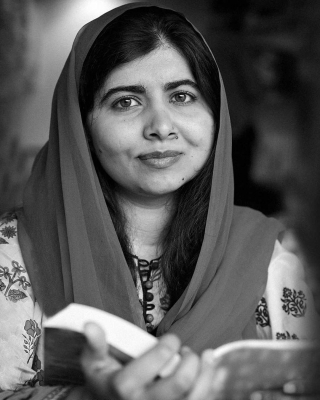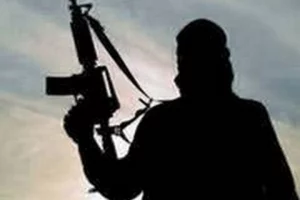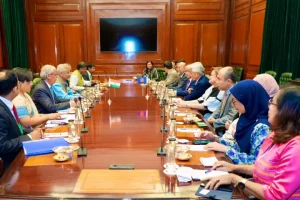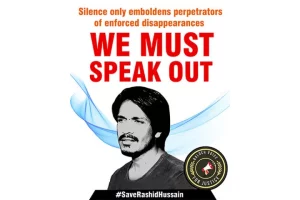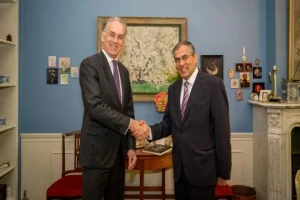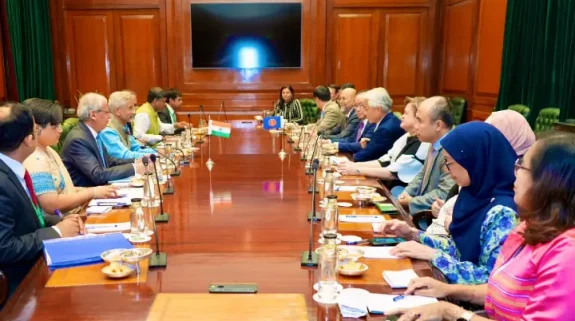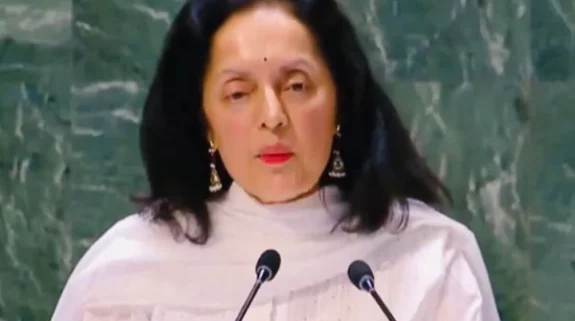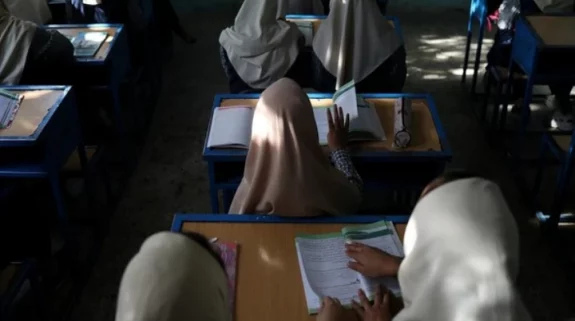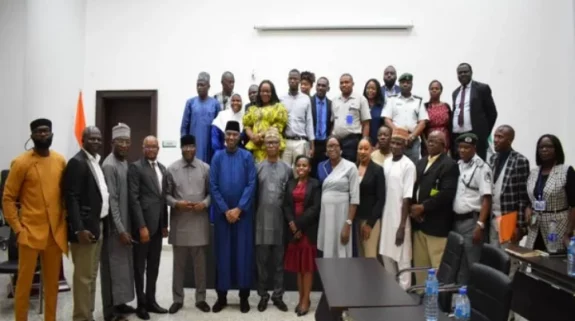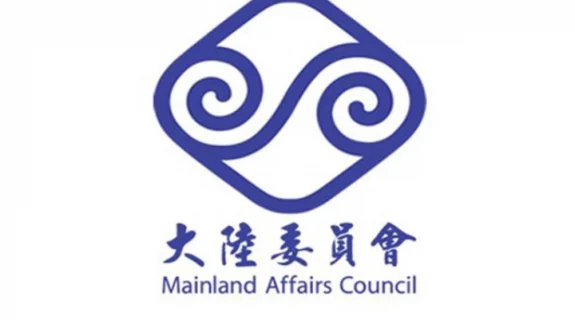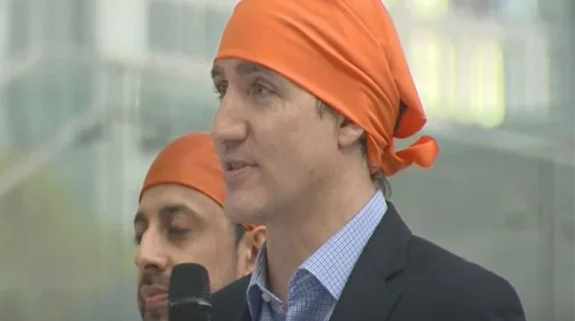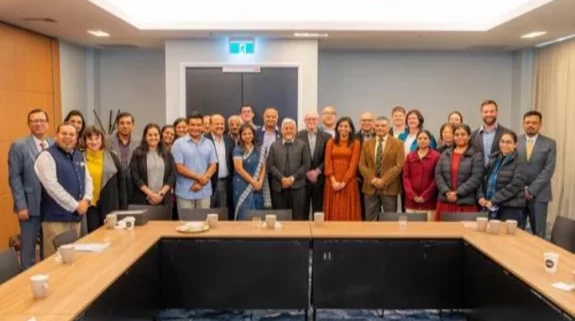Days after India and Pakistan announced to adhere to the agreements on ceasefire along the Line of Control, Nobel Laureate Malala Yousafzai has come out in the open saying that she would wish that the two countries become good and true friends.
"It is my dream to see India and Pakistan become true good friends and that we can visit each other's countries,” she said while speaking on her book 'I Am Malala: The Story of the Girl Who Stood Up for Education and was Shot by the Taliban' at the Jaipur Literature Festival on Sunday. Underlining that protecting minorities in the region is critical, the Nobel Laureate said often they suffer not because of religion but due to "exploitation of power".
"You are Indian and I am Pakistani and we are completely fine, then why is this hatred created between us? This old philosophy of borders, divisions and divide and conquer… they just don't work anymore, as humans we all want to live in peace," the 23 year old activist said.
Observers said that the narrative between India and Pakistan could be changing as it takes a softer turn after months of hostility.
Growing impatience among Pakistanis
Not just that, there is growing acrimony among the aam Pakistani against China, as Islamabad struggles with an alarming rise in debt amid the much hyped China Pakistan Economic Corridor (CPEC). The multi-dollar mega infrastructure project, which was slated to open up jobs and push growth has failed to deliver. Additionally, the project has been marked by high level corruption.
What has also dealt a blow to Pakistan Prime Minister Imran Khan is the decision of the anti-money laundering watchdog Financial Action Task Force (FATF) to retain Islamabad in the grey list.
The South Asian country along with 18 other countries including Zimbabwe, Yemen, Syria, Ghana, Myanmar, Albania among others, feature in FATF’s grey list. This has hit Pakistan’s economy further as foreign investments have been thin.
Disappointment has hit home even more as Bangladesh, which was part of Pakistan until 1971, has chalked out a different path with focus on the economy. Islamabad, on other hand, decided to focus on Kashmir. Besides, the perception that the country is a breeding grounds for terrorism continues to stick. Pakistan’s handling of the accused in the US journalist Daniel Pearl’s brutal murder is a point in case.
An analyst pointed out that within Pakistan, there is growing impatience as the economic and social indicators drop. Many even fear that the country may be slipping into a debt trap.
Amid the recent worrying trends, there is a general feeling that it is time for Islamabad to focus on the “right issues,” he added.
“The issue of Kashmir, for Pakistan, has always remained at the core, it has been the driving force for all political parties. It is beginning to haunt the people of the country,” the analyst said, adding that the common people there want peace and prosperity.
In Yousafzai’s words, instead of fighting with each other, the two nations should look at fighting poverty. Along with Yousafzai, many more voices need to come up underscoring the importance of building peace in the region. Only when there is peace in a terrorism free environment, can the country develop.






